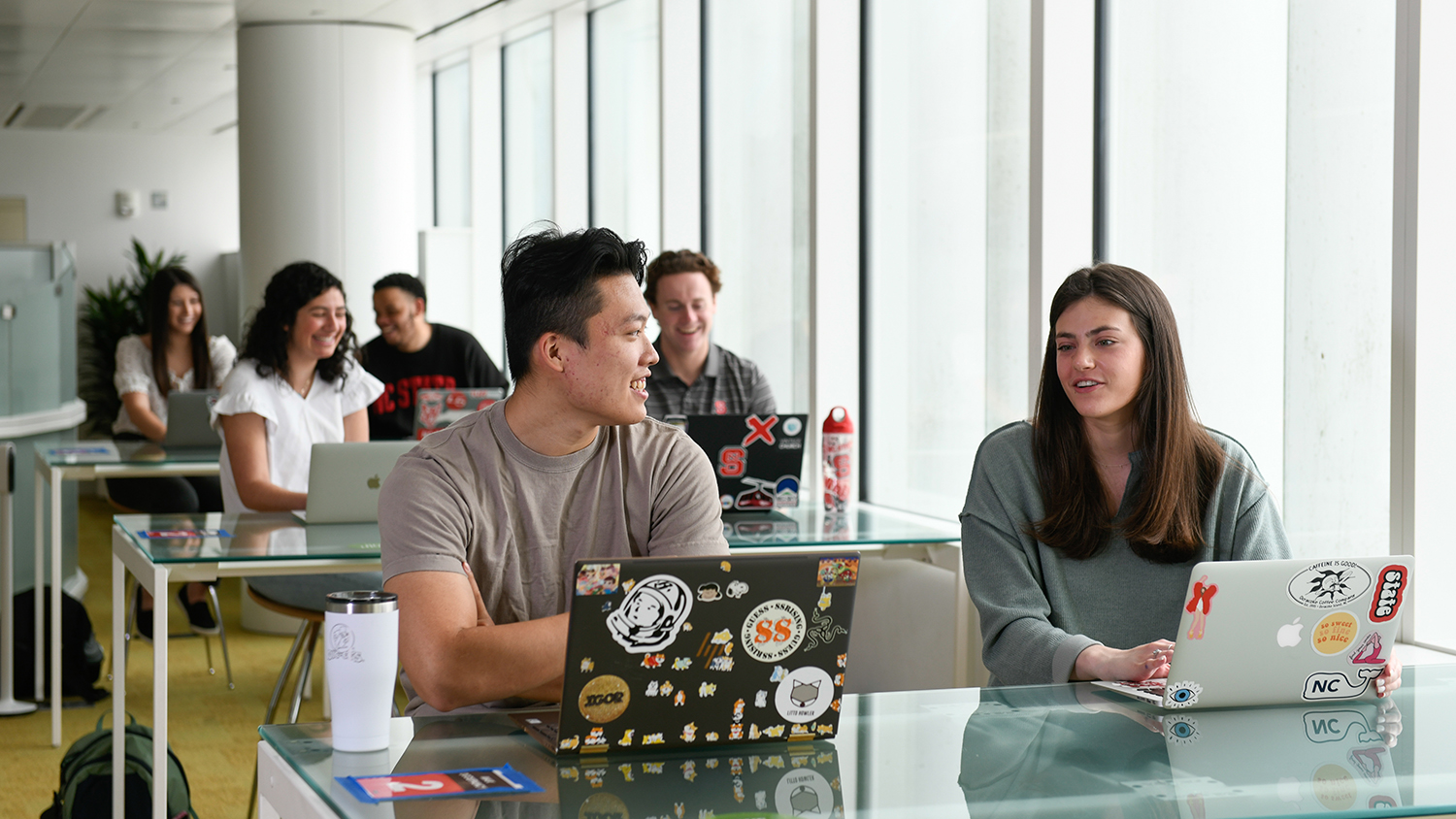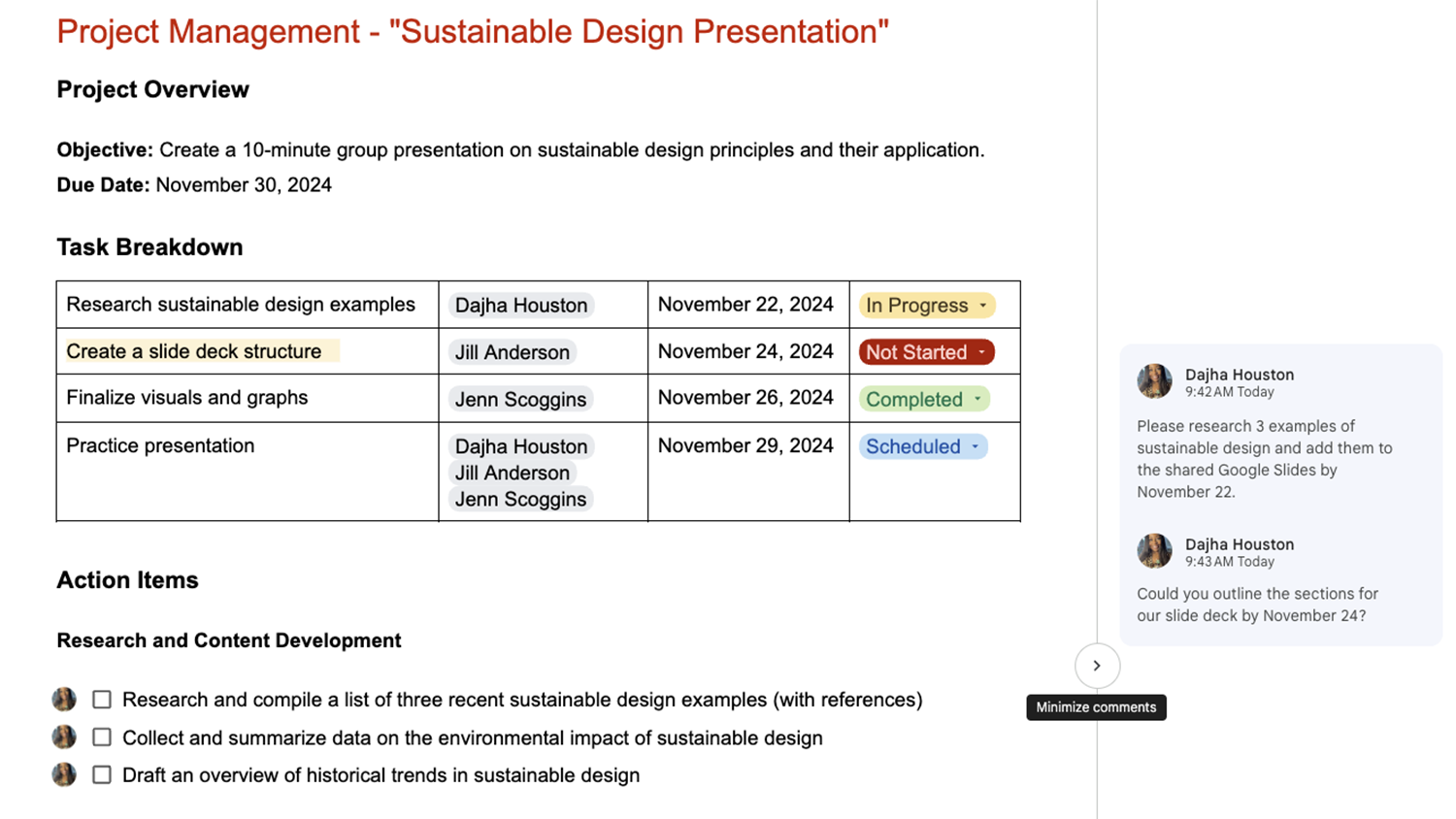SLOAN-C Conference 2012
Between October 10 – 12, I attended the SLOAN-C conference in Orlando, Florida. SLOAN-C is a consortium, whose members are, in their words “dedicated to integrating online education into the mainstream of higher education, helping institutions and individual educators improve the quality, scale, and breadth of online education.” NC State University is a SLOAN-C member (DELTA pays for that membership).
Pre-conference, I attended two workshops. The first was entitled Online and on the Move: Mobile Online Learning. The website that was used in conjunction with the presentation is a great resource (see https://sites.google.com/site/onlinemlearning/home). It is worth your time to explore the resources assembled on their website! The presenters, Ray Schroeder and Michele Gribbins from the Center for Online Learning, Research and Service, University of Illinois, did a really nice job with putting together this website, as well as with the overall workshop. The speakers emphasized a number of times that the PC is dead, noted the pervasiveness of mobile devices that students are bringing to campus, and suggested that institutions need to plan for mobile. One of the interactive exercises the presenters had us do was use “Poll Everywhere” to allow us to use our own mobile devices to engage in realtime feedback.
The second workshop was called Online Learning: Federal Legislation and Policy: What’s Here and What’s Coming for you? As you might expect if you are in the distance education realm, state authorizations/state regulations were discussed. Christine Mullins, Executive Director for the Instructional Technology Council, spoke extensively on issues that she views as on the front burner for federal legislation and policy initiatives for distance education, including the existence of Distance Education Fraud Rings (students registering to attend, getting the financial aid, then not attending), financial aid for distance education students (some discussion of the types of aid allowed for DE students vs. traditional students), and the 2014 reauthorization of the higher education act (Christine believes student authentication will be a big issue revisited again). Other speakers in this workshop talked about the importance of working with your local legislators to inform them on distance education issues, the importance of accessibility, and interestingly enough, the concern that some programs have with US News & World Report rankings (e.g. are the media driving decisions in higher ed based on arbitrary or incomplete data?).
During the conference, there were a number other sessions of interest that I was able to attend. A session called Evolution or Revolution: What’s happening with traditional online learning?, moderated by Jeff Young, from the Chronicle of Higher Education, with Jose Cruz (the Education Trust), Alan Drimmer (University of Phoenix), and Jack Wilson (University of Massachusetts) was very well done. A key point from this session was that university’s do tend to agree that online learning is an extremely important part of their teaching and learning strategy; however, distance education/online learning is missing from many university strategic plans. This disconnect was worrisome to those on the panel. MOOCs, of course, being the buzzword in higher education right now, were discussed. One panelist commented that if he only had a 10% pass rate for his course (not atypical of a MOOC), then he would be out of a job; they all agreed that MOOCs have a place in supporting access to learning for some students, but that for other students, success means needing access to the other services that come with teaching and learning at institutions; e.g. mentoring, advising, personal affirmation, etc.
A highlight of the conference was indeed the Keynote address, Democratizing Higher Education, by Sebastian Thrun (co-founder of Udacity, Vice President/Fellow at Google, Stanford University professor). In 2011, he took his Stanford graduate course online, and 160,000 students signed up (23,000 completed the course successfully). He talked about the approach Udacity courses are using, and in viewing the examples shown, solid instructional design principles and “gamification” were used – the sample lectures that we saw were absolutely not just studio recorded lectures by faculty; rather, they were really well thought out scenarios with problem solving puzzles and quizzes that you had to successfully pass in order to move forward. For me, this was a reminder that the real gains in individualized student learning, even in MOOC situations, are enabled by solid instructional design and multimedia development processes – and are much more than just tossing a lecture online. I like that he draws his inspiration from the game “Angry Birds,” really just saying that if learning could become more engaging, gamelike, as it were, imagine the students we could reach.
I served as the session chair for two sessions, which was a great experience – getting to run the chat room for the speakers and pose questions from the virtual participants of the conference. Being a session chair pushes you to attend sessions you might not normally choose to attend, so I learned about LTI apps, Educreation, Canvas, and Software Secure. I also spent some time exploring the vendor hall – a “new for me” vendor that I ran across was Response Technologies – basically, a web-based polling systems where students can use their own devices. The poster sessions were also good, and I enjoyed exploring the many topics/issues that individuals brought to the conference via posters. And of course, evening sidetrips to Downtown Disney Marketplace and Epcot were fun! I enjoyed spending time with my NC State University colleague, Dr. Diane Chapman, who presented at the conference on Friday.
I always appreciate the opportunity to attend a conference; it’s great to come back with new ideas and information from like-minded colleagues from around the country, and it’s helpful to know that other colleagues are wrestling with the very same issues that we are in a rapidly changing world.
- Categories:


